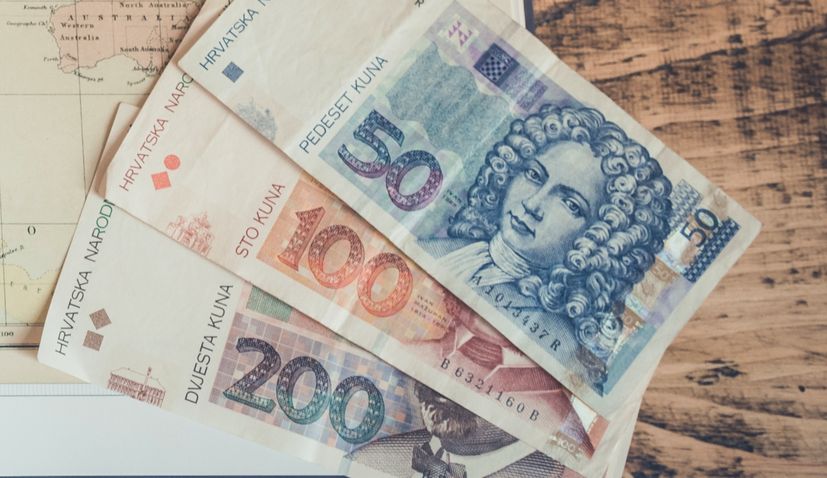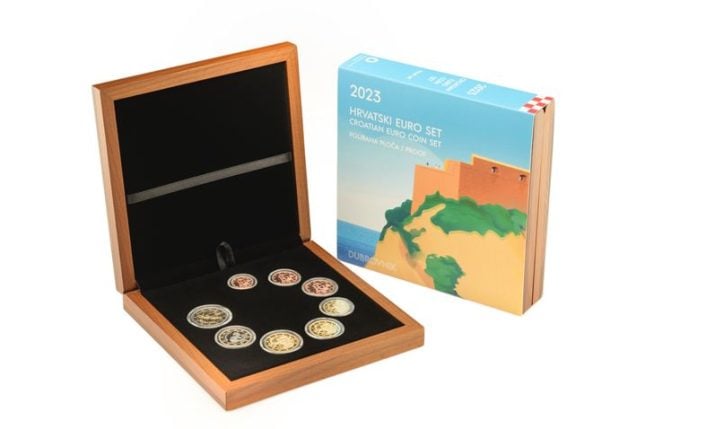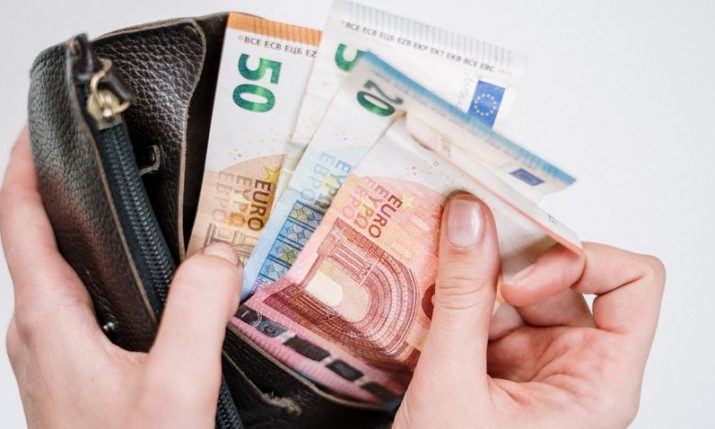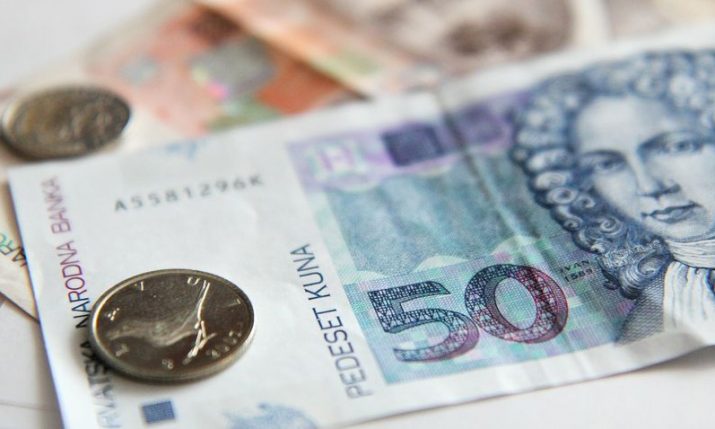Croatians still keeping large amounts of old kuna currency
- by croatiaweek
- in News

The old kuna currency
ZAGREB, 17 Dec (Hina) – Croatia introduced the euro as legal tender on 1 January this year, and although citizens can replace kuna banknotes and coins with euro money since then, it seems that they still keep a significant amount of the former currency in their homes, the Jutarnji List daily reported on Saturday.
Until the end of 2022, HRK 14.7 billion was in circulation, and according to some estimates Croatians still hold one third of that amount, (HRK 4.66 billion), that is approximately €620 million.
The data from the Croatian National Bank (HNB) shows that 12% of the notes are in circulation and 75% of coins are not yet exchanged.
Various reasons for keeping leftover kuna notes and coins at home
Some of citizens keep kuna notes and coins for sentimental reasons and preserve them as memorabilia.
Furthermore, some leftover notes and coins have remained in purses and pockets of foreign tourists.
Also, some people perhaps have not replaced the entire amount of the cash in kuna they have due to the “murky” origin of the money.
The HNB says that the data shows that the entire sum of the former national currency has never been replaced in full.
Croatia joined the euro area as the 20th country. Data from the remaining 19 members show that on average 3.16% of national currencies’ banknotes have not been replaced. For instance, in Estonia this percentage stands at 7%, while in Latvia and Lithuania, 3.5% of national currencies have not been exchanged since the changeover to the euro in 2014 and 2015 respectively. Germans seem to have retained 4.7% of mark notes, in the value of 5.7 billion, says the Jutarnji List daily.
The euro area, commonly called the eurozone (EZ), is a currency union of 20 member states of the European Union (EU) that have adopted the euro (€) as their primary currency and sole legal tender, and have thus fully implemented EMU policies.
The 20 eurozone members are: Austria, Belgium, Croatia, Cyprus, Estonia, Finland, France, Germany, Greece, Ireland, Italy, Latvia, Lithuania, Luxembourg, Malta, the Netherlands, Portugal, Slovakia, Slovenia, and Spain.



